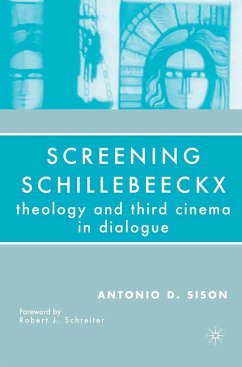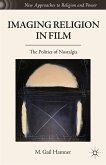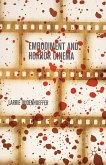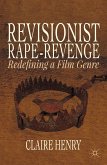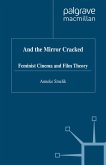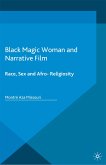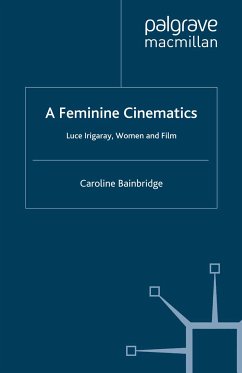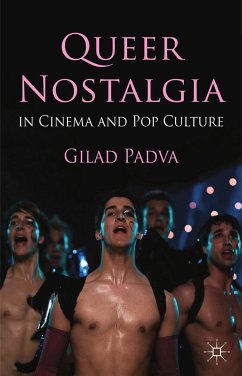Dieser Download kann aus rechtlichen Gründen nur mit Rechnungsadresse in A, B, BG, CY, CZ, D, DK, EW, E, FIN, F, GR, HR, H, IRL, I, LT, L, LR, M, NL, PL, P, R, S, SLO, SK ausgeliefert werden.
'The great Soviet filmmaker Sergei Eisenstein once wrote of the social value of 'intellectual montage,' in which new and revolutionary ideas might spring from the juxtaposition of previously separate images. In his book Screening Schillebeeckx, Antonio Sison performs just such an intellectual montage. By bringing together the liberatory theology of Schillebeeckx (who never writes of film) with the stylistic images of Third Cinema (of whose directors certainly never read the Dutch theologian), Sison succeeds in crossing and colliding the cinematic with the theological to produce, as Eisenstein would say, an 'explosion' of meaning.' S. Brent Plate, author of Walter Benjamin, Religion and Aesthetics and editor of Representing Religion in World Cinema (Palgrave)
'Sison offers a fresh, constructive and theological contribution to understanding Third Cinema through a theological lens. Each chapter unfolds grounding principles that stimulate the religious imagination for alternative applications in this field of study. New radical portals of insight are opened for those who engage in Sison's work.' Angela Ann Zukowski, Professor, Department of Religious Studies, The University of Dayton

